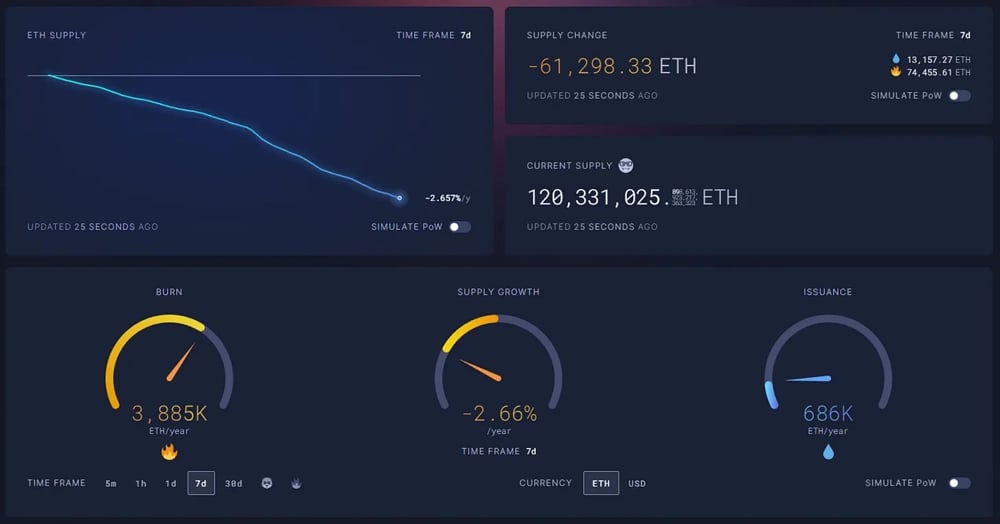HESTA Sells Its Stake in Mineral Resources Amid Governance Concerns

In a recent development, the Australian pension fund HESTA has announced the sale of its remaining stake in Mineral Resources $MIN.AX, a mining services provider. The decision, which has stirred significant interest, was driven by serious governance concerns within the company. Specifically, these issues were linked to the company’s founder and CEO, billionaire Chris Ellison. HESTA, citing these governance problems, opted to divest its stake, reportedly valued at approximately 14 million Australian dollars (about 8.99 million USD).
The Governance Issues Surrounding Mineral Resources
Mineral Resources, led by Chris Ellison, has long been a prominent player in the Australian mining sector, offering services related to mining, processing, and the supply of critical minerals. However, recent controversies surrounding the company have raised red flags for investors, including the pension fund HESTA.
Key Governance Issues at Mineral Resources:
Allegations of Tax Evasion: Chris Ellison, who founded the company, has faced accusations of tax evasion, which have tainted the company’s reputation. These allegations have prompted calls for more scrutiny of the firm’s financial practices.
Misuse of Company Resources: Ellison has been accused of using company resources for personal projects, which has further fueled concerns over governance practices at Mineral Resources.
Leadership Challenges: The ongoing governance issues have raised questions about the effectiveness of leadership at Mineral Resources. These concerns were particularly highlighted by HESTA’s decision to sever ties with the company.
The decision by HESTA to sell its stake comes amid these challenges, reflecting a broader sentiment of caution surrounding the company’s leadership.

Impact on Mineral Resources and Its Stakeholders
HESTA’s decision to sell its stake is significant, not only because of the monetary value of the transaction but also due to the potential ripple effects it could have on other stakeholders, including institutional investors, regulatory bodies, and the broader mining sector.
Potential Implications of HESTA’s Exit:
Investor Confidence: The sale by HESTA could signal a loss of confidence in the management of Mineral Resources, potentially leading to a decline in investor sentiment. Other institutional investors may follow suit, further impacting the stock price.
Regulatory Scrutiny: The allegations against Chris Ellison and the company could attract increased regulatory scrutiny. If the accusations of tax evasion and misuse of resources are proven true, Mineral Resources may face fines or other legal consequences.
Leadership Instability: The exit of a major investor like HESTA may contribute to a sense of instability within the company, especially if governance issues remain unresolved. This could hinder the company’s ability to attract new investors or maintain its current market position.
Despite these challenges, Mineral Resources continues to be a key player in the Australian mining industry, and its ability to navigate these governance concerns will be crucial to its future prospects.

HESTA’s Decision: A Strategic Move?
The decision by HESTA to divest from Mineral Resources is notable not only for its timing but also for the strategic considerations behind it. HESTA, which manages billions of dollars in retirement savings for Australian workers, has a fiduciary responsibility to ensure that its investments align with high governance standards. The decision to exit Mineral Resources likely reflects a broader focus on maintaining ethical investment practices and protecting its stakeholders from potential reputational and financial risks.
Ethical Investment Standards: HESTA’s move highlights the growing importance of governance and ethical considerations in investment decisions, particularly for large institutional investors. Funds like HESTA are increasingly prioritizing investments that align with responsible business practices.
Fiduciary Duty: HESTA's fiduciary duty to its members also likely played a key role in the decision to divest. As a pension fund, HESTA must ensure that its investments are sound and free from undue risk.
Minimizing Exposure to Risk: By selling its stake in Mineral Resources, HESTA has effectively minimized its exposure to any potential legal or financial fallout from the ongoing governance issues at the company.
Conclusion: A Cautionary Tale for Investors
The sale of HESTA’s stake in Mineral Resources is a significant reminder of the critical role that corporate governance plays in investment decisions. For institutional investors, such as pension funds, the decision to divest from a company is not made lightly and often signals deeper concerns about the management and leadership of the business in question. In the case of Mineral Resources, the allegations against Chris Ellison and the broader governance issues have led HESTA to take a cautious approach, reflecting the importance of maintaining strong ethical standards in investment practices.
For Mineral Resources, this marks a challenging chapter as it seeks to address the concerns raised by its investors. The company’s ability to resolve its governance issues and restore investor confidence will be crucial in determining its future success. Moving forward, all eyes will be on the company as it navigates this period of heightened scrutiny.














Comments